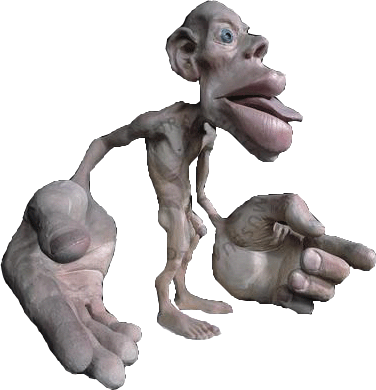I wonder sometimes whether the bond between adults and children is based more on illusion than reality. When you are three years of age, or five, or seven, you have a way of looking at the world that is in many fundamental ways entirely different from the viewpoint of an adult. We grownups can see that worldview only vicariously, and as we spend time with children it is tempting to believe that being with them, playing with them, laughing with them, in some way takes us back to our own childhood.
But it is equally likely that this sense of transport is merely an illusion. We grownups may feel we know the mind of a child because we have our own childhood memories to draw on. Yet there is no reason to believe that those memories are in any way a portal back to our true experience at that age.
Have you ever stumbled upon something you wrote when you were quite young? I have, and the experience is very disconcerting. The writings of my preadolescent self feel like the writings of a stranger. There isn’t the sense of immediate connection and recognition that I feel, say, when I read something that I wrote at age sixteen (an age when we have indeed, for the most part, become our adult selves).
Or course the illusion of shared mind view between adult and child is necessary to the very survival of the species. And we wouldn’t want to give it up, any more that we would want to relinquish the pleasant and nurturing illusion that there is true mutual comprehension between us and our beloved canine companions.
